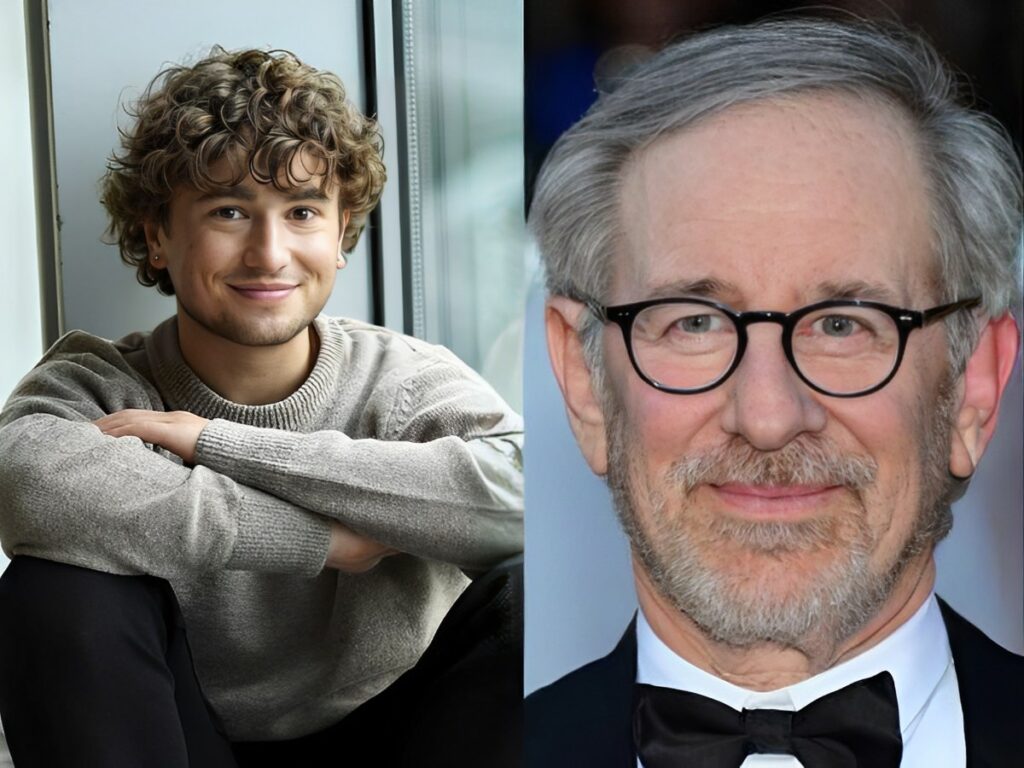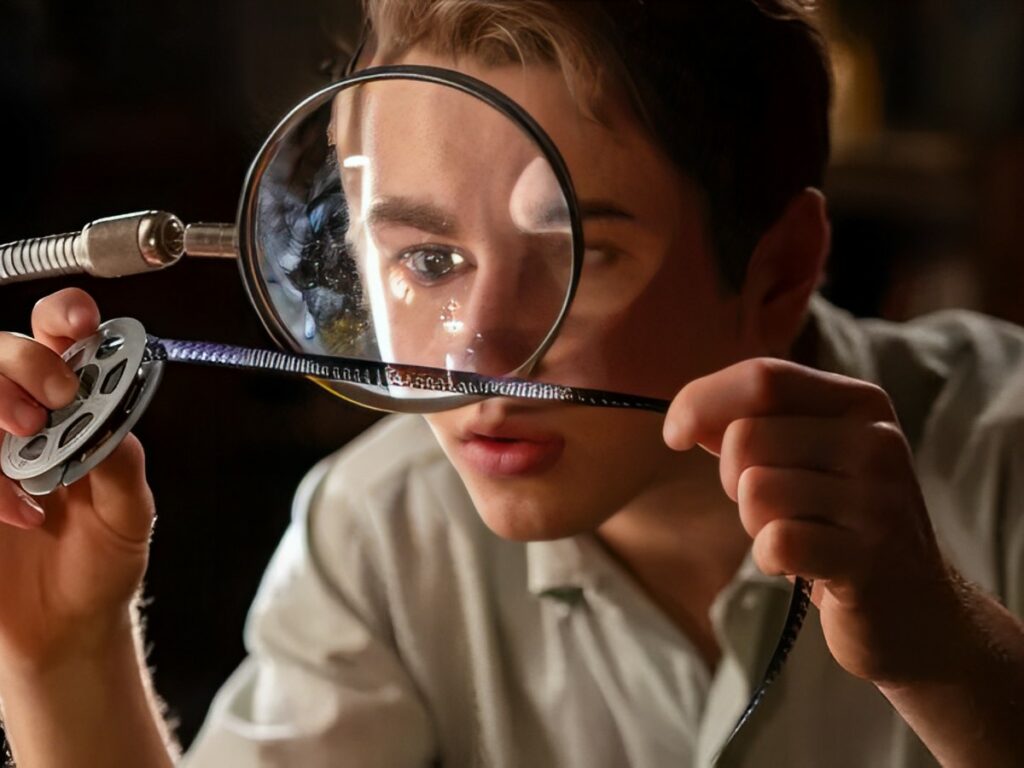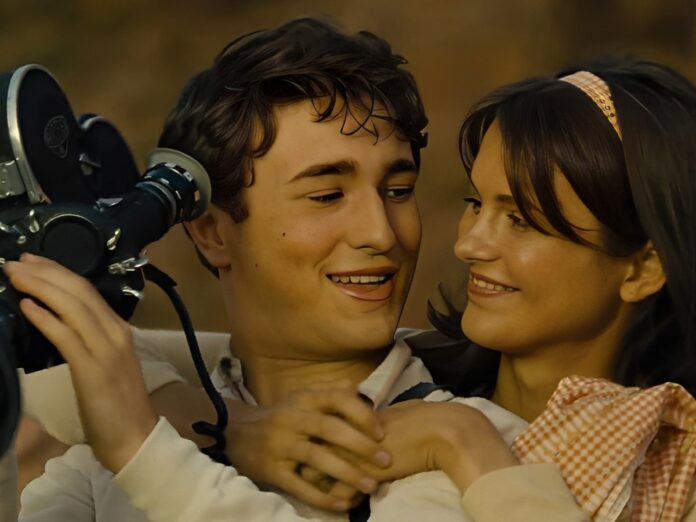‘The Fabelmans’, directed by Steven Spielberg, has been nominated for 7 Academy Awards this year, including Best Picture and Best Director. He establishes a luminously layered portrait of a born storyteller who never saw the film as an escape but as a much better way to live life.
‘The Fabelmans’ continues the tradition of creating cinematic portraits of self-reflection. It sets the record straight against the litany of professional and personal troubles Steven Spielberg. ‘The Fabelmans’ is Steven Spielberg’s most personal film to date, with an amusing ending. If you want to understand what it means, keep reading for answers.
Related: How Did ‘Jaws’ Almost Destroy Steven Spielberg’s Career?
‘The Fabelmans’ Traces The Evolution Of An Artist

‘The Fabelmans’ investigates the life of Sammy Fabelman, played to idiosyncratic perfection by Gabriel LaBelle, as he navigates his life through movies. Sammy is Steven Spielberg in his blossoming youth, coming of age with an eternal love for cinema. Steven Spielberg’s film takes us back to the moment of an artist’s birth.
Little Sammy stands outside a cinema hall, just about to have his first cinematic experience. It’s new, confusing, and exciting to him as he stands wide-eyed. His parents, Burt Fabelman (Paul Dano) and Mitzi Schildkraut-Fabelman (Michelle Williams) assuage his fears about Cecil B. DeMille’s ‘The Greatest Show on Earth.’
The impressionable child is entranced by the scene involving a train crash. The vivacity of this image also hits us, for we also remember the seminal moment in space and time when we found what we would love for the rest of our lives.
The lush and sweeping technicolor leaves an indelible mark. As Sammy recreates this scene with his toys, one can’t help smiling. This kid’s sense of spectacle and best-selling bravado has made him one of the most fascinating storytellers ever.
In Case You Missed: Why Did Jerrod Carmichael Say Steven Spielberg Changed Kanye West?
‘The Fabelmans’ Finds Freedom In Its Final Frame

The bone of contention between Sammy and his father is the responsibilities that come with love. While supportive, Sammy’s father doesn’t fly above the facts. He does recognize Sammy’s love for the movies but keeps reminding him to nurture his mind into something with a legitimate career.
Outside Sammy’s bubble, the family is falling apart. Sammy finds out about his mother’s infidelity while editing a home movie. It’s a crushing moment for Sammy, who worships at the altar of his mother. He is heartbroken at such a layered betrayal, as she’s the one who takes his artistic pursuits seriously.
Toward the film’s end, Sammy is about to give up filmmaking. When it seems he can’t find any work in the film industry, he gets hired to work on the CBS sitcom ‘Hogan’s Heroes.’ This invitation leads Sammy to meet John Ford, one of his filmmaking heroes.
This was not a wishful scenario in a screenplay. As a matter of fact, Steven Spielberg did meet John Ford in real life. In the movie, John Ford, played by David Lynch, hurls at Sammy with filmmaking wisdom of framing sunsets adequately to be a successful filmmaker. Energized by this encounter with John Ford, Sammy merrily walks through the studio backlot.
The camera frames the horizon to the center, which soon reframes at the far bottom following the advice from Ford. This is a tongue-in-cheek moment where the filmmaker chooses to break the fourth wall.
He reminds us how he has imbibed various values in his stories and storytelling forms. The film’s final shot is a work of delightful genius, a reminder that Steven Spielberg always carries his art on his sleeve.
You Might Also Like To Read:


![The Fabelmans | Official Trailer [HD]](https://firstcuriosity.com/wp-content/cache/flying-press/20da0df9b976bd8401a934d6f1459017.jpg)



